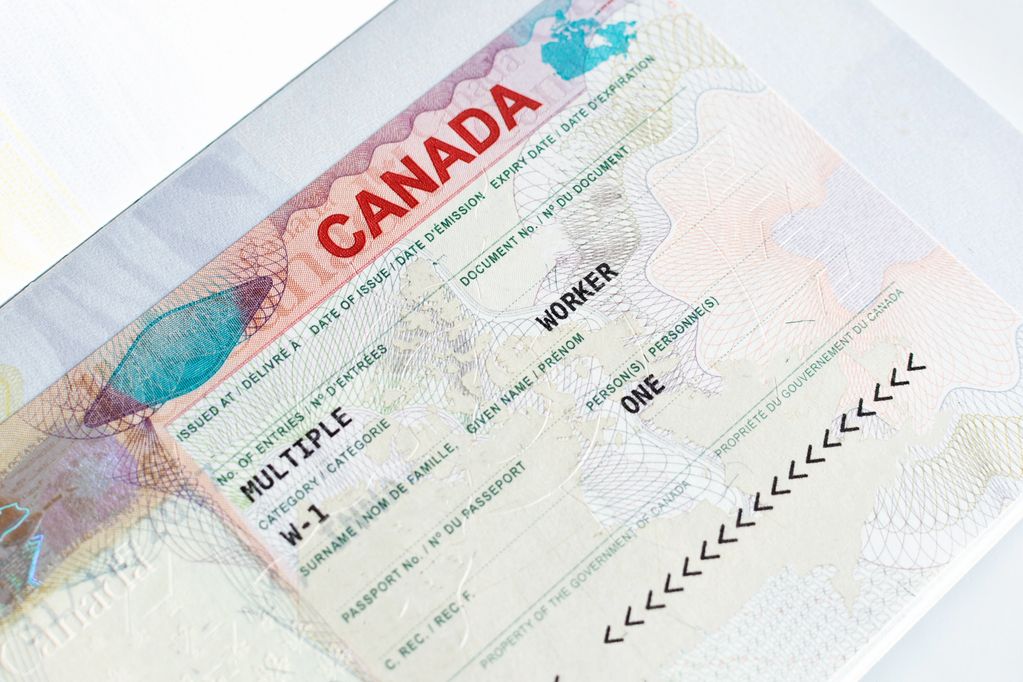Temporary residence

Canada offers several temporary work permit programs to help employers and workers meet labour market needs. The Temporary Foreign Worker Program (TFWP) allows Canadian employers to hire foreign workers when no Canadians or permanent residents are available, typically requiring a Labour Market Impact Assessment (LMIA). For highly skilled professionals, the Global Talent Stream (GTS) provides a fas

A Canadian Study Permit is required for international students who wish to study full-time at a Designated Learning Institution (DLI). Applicants must provide proof of acceptance, demonstrate sufficient funds for tuition and living expenses, and meet medical and security requirements. International students are allowed to work up to 20 hours per week during academic terms and full-time during sche

A Working Holiday Visa allows young adults to travel and work in Canada for a limited period, offering a unique opportunity to explore the country while gaining valuable international work experience. Through Canada’s International Experience Canada (IEC) program, eligible participants can take on temporary employment to support their travels, immerse themselves in Canadian culture, and build glob

A Canadian Visitor Visa allows individuals to enter Canada temporarily for tourism, family visits, or short-term business activities. Applicants must demonstrate financial stability, strong ties to their home country, and a clean criminal record. Visitor status is typically granted for up to six months, with the exact length determined by an immigration officer at the port of entry. If visitors wi
Contact Us
Better yet, see us in person!
We love our customers, so feel free to visit during normal business hours.
Campos Immigration Consultancy Inc.
300 Geary Ave suite 304, Toronto, ON, Canada
Hours
Open today | 09:00 a.m. – 05:00 p.m. |
This website uses cookies.
We use cookies to analyze website traffic and optimize your website experience. By accepting our use of cookies, your data will be aggregated with all other user data.